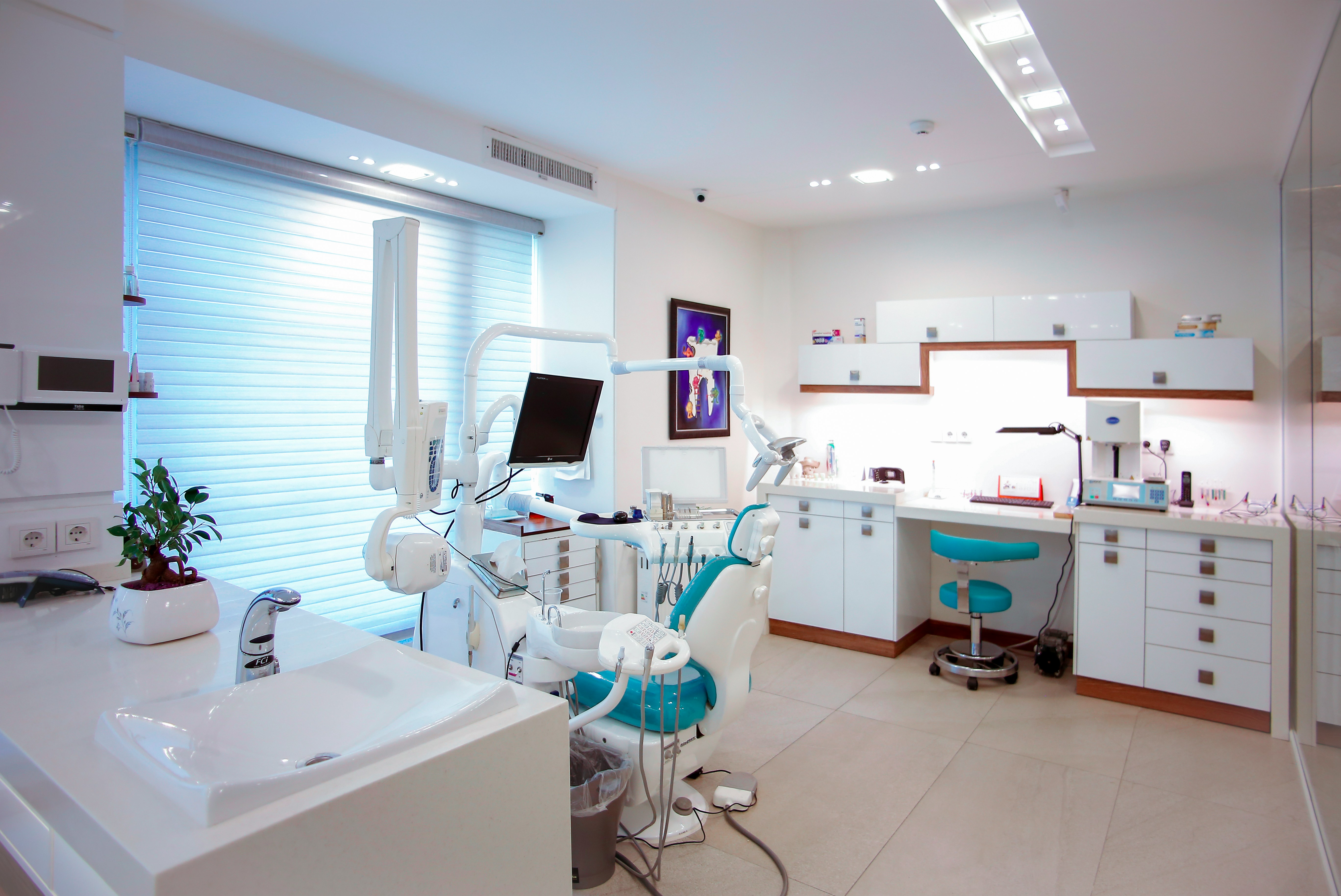What Counts as an Emergency Dental Situation?
In pain and not sure if it's a dental emergency? Our guide helps you identify the signs, from a severe toothache to a knocked-out tooth. Learn when you need to call a dentist immediately.
Jun 19, 2025
Knowing When to Call for Urgent Dental Care
When you're experiencing dental pain or have had an accident, it can be hard to know what to do. Is this something that can wait until morning, or does it count as a true dental emergency that requires immediate attention? Making the right call can save a tooth, prevent an infection from spreading, and get you out of pain faster.
This guide will provide a clear checklist of what counts as an emergency dental situation. If you are experiencing any of the following, you should not wait to seek professional care.
Your Emergency Dental Checklist
A dental emergency is any issue that requires immediate treatment to stop severe pain, control bleeding, or save a tooth. Here are the most common situations that fall into this category.
1. A Knocked-Out Adult Tooth
This is one of the most time-sensitive dental emergencies. If an adult tooth is completely knocked out, there is a small window of time (often less than an hour) in which it can be successfully re-implanted.
What to Do: Find the tooth, hold it by the crown (not the root), and try to place it back in the socket. If you can't, keep it moist in a cup of milk and call us immediately.
2. A Severe, Persistent Toothache
A mild toothache can sometimes wait, but a severe, throbbing pain that keeps you up at night is a major red flag. This level of pain often indicates a deep infection or abscess at the root of the tooth.
What to Do: Rinse your mouth with warm salt water. Do not apply heat. Call your dentist right away, as an abscessed tooth is a serious infection that can spread.
3. A Badly Cracked or Broken Tooth
A minor chip isn't an emergency, but a large break or a crack that causes sharp pain is. A severe fracture can expose the sensitive inner pulp of your tooth, leading to infection and intense pain.
What to Do: Rinse your mouth with warm water and apply a cold compress to your face to reduce swelling.
4. Swelling in Your Face, Jaw, or Gums
Significant swelling, especially if it's accompanied by pain or a fever, is a clear sign of a serious infection (abscess).
What to Do: This is a potentially life-threatening situation. Call your emergency dentist immediately. In the meantime, a cold compress can help with discomfort.
5. Uncontrolled Bleeding
Bleeding that doesn't stop after applying firm pressure for 10-15 minutes is an emergency. This can happen after an extraction or due to a soft tissue injury (a cut to the gums, lips, or tongue).
What to Do: Apply firm, consistent pressure to the area with a clean cloth or gauze and call for help.
What is Not Typically a Dental Emergency?
While still important, these issues can usually wait for a regular appointment:
A small chip or crack in a tooth that isn't causing pain.
A lost filling or crown (as long as you are not in severe pain).
A dull, mild toothache.
When in Doubt, Make the Call
The most important rule for any potential dental emergency is this: if it hurts, it's an emergency to you. Don't ever feel hesitant to call for professional advice. It is always better to be safe and get an expert opinion than to wait and risk a more serious complication.
Our team is here to provide both urgent care and peace of mind.
Are You Experiencing a Dental Emergency? If you believe you need urgent dental care, don't wait. Contact Gardens Implant and Cosmetic Dentistry immediately. Our compassionate team will assess your situation over the phone and arrange to see you as soon as possible to get you out of pain.
Blog






